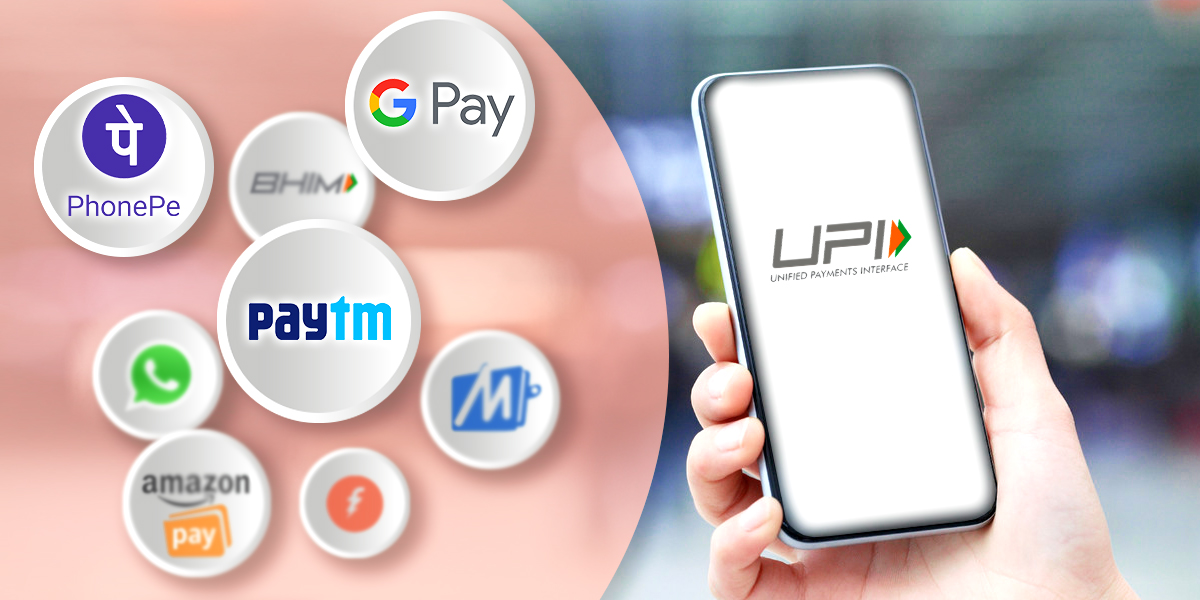According to the Reserve Bank of India’s (RBI) annual report, nearly four out of five digital payments in India were conducted via the Unified Payments Interface (UPI) in the financial year 2024 (FY24). UPI’s share of the total volume of digital payments in India has grown significantly from 73.4% in FY23 to 79.7% in FY24. This marks a substantial increase from FY20 when UPI’s share was 36.8%.
The total volume of digital payments in FY24 reached 164.4 billion transactions, reflecting a 44% year-on-year (YoY) growth from 113.9 billion transactions in FY23. In FY20, the country recorded a total of 34 billion digital UPI transactions. This surge underscores UPI’s emergence as a leading method for digital transactions over recent years.
The RBI’s report highlighted the role of the Payments Infrastructure Development Fund (PIDF) in boosting digital payments. The fund has subsidized the deployment of Point of Sale (PoS) systems, mobile PoS terminals, and interoperable Quick Response (QR) codes. As a result, the number of PoS terminals increased by 14.3% YoY to 8.9 million in FY24, while Bharat QR (BQR) codes rose by 16.1% to 6.2 million. Notably, UPI QR codes saw a 35% YoY increase, reaching 346 million codes by the end of FY24.
The report also mentioned the RBI’s plans, in collaboration with NPCI International Payments Ltd. (NIPL), to expand UPI’s reach to 20 countries, with an initiation timeline set for 2024-25 and a completion timeline of 2028-29.
Regarding online payment aggregators, the RBI granted final approval to 22 entities. Meanwhile, debit card transactions have declined, hitting a five-year low. In FY24, there were 2.28 billion debit card transactions, a 33% YoY decrease from 3.41 billion in FY23, and nearly half of the 5.06 billion transactions recorded in FY20. Conversely, credit card transactions have increased, reaching 3.56 billion in FY24, up 22% from 2.9 billion in FY23.
RBI and NIPL Plan UPI Expansion to 20 Countries by FY29
RBI is planning to expand UPI to 20 Countries by FY29
The RBI and NPCI International Payments (NIPL) aim to extend the Unified Payments Interface (UPI) to 20 countries by FY29. This initiative aligns with the vision for Viksit Bharat 2047. Plans include exploring collaborations with regions like the European Union and SAARC. UPI payments are already accepted in France and Nepal for e-commerce, with agreements in seven other nations. The goal is outlined in RBI’s Payments Vision Document 2025, with discussions underway for cooperative arrangements with central banks. In February, UPI connectivity was launched with Mauritius and Sri Lanka. Innovative authentication mechanisms are being explored to address payment fraud. Additionally, efforts are underway to connect Nepal’s National Payments Interface with India’s UPI network.

Also Read: RBI Repatriates 100 Metric Tonnes of Gold from UK to Domestic Vaults